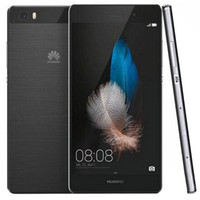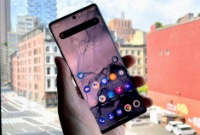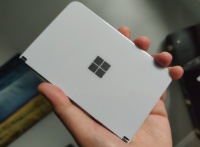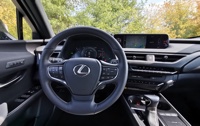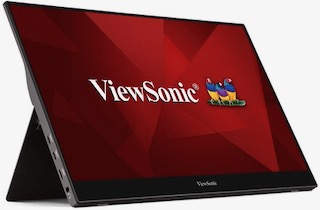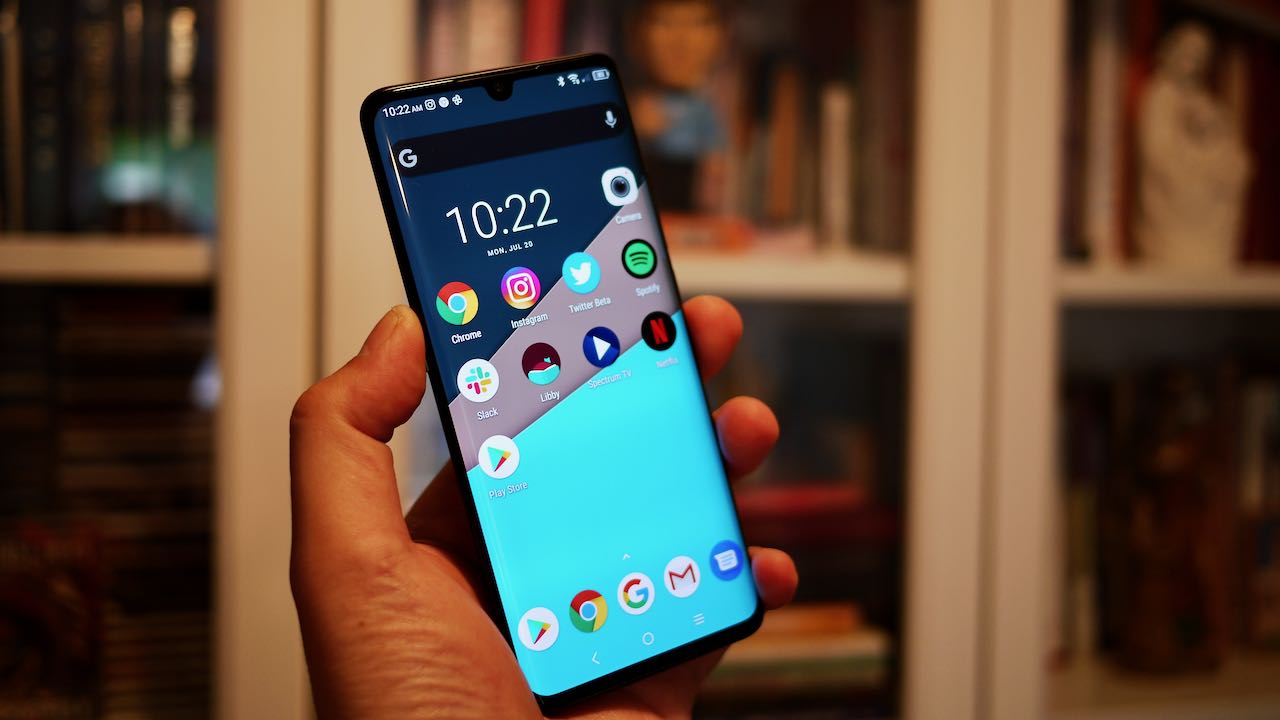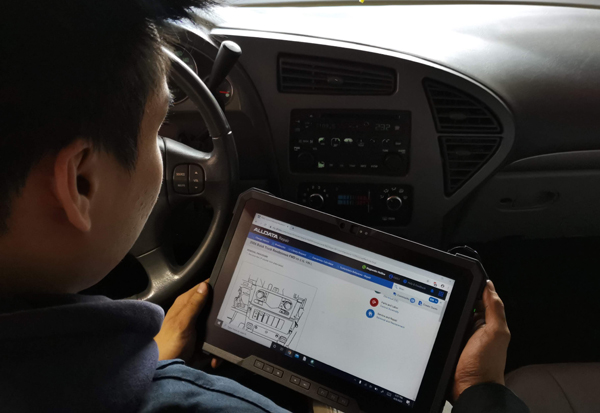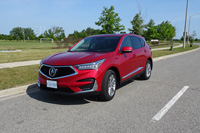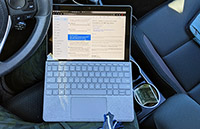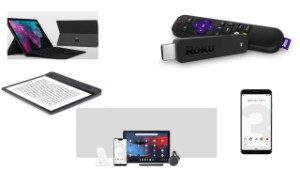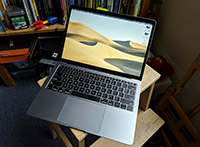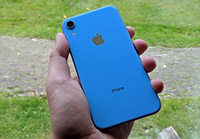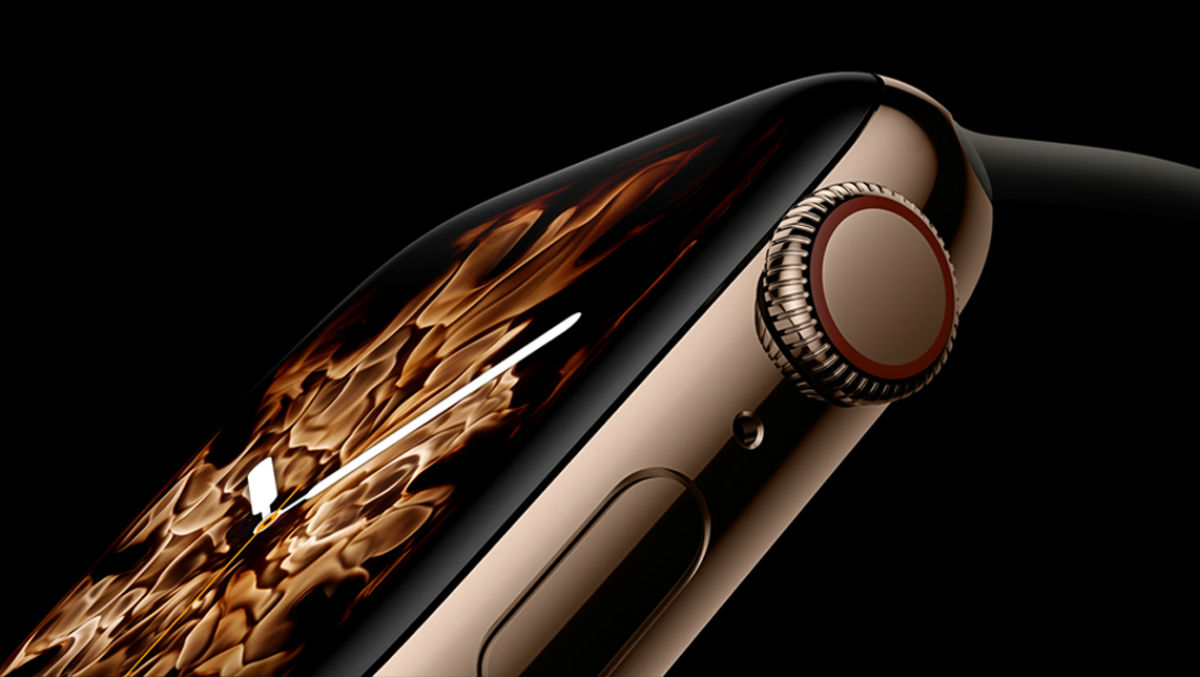The Coen brothers are creating a film on Silk Road and the dark web
 Friday, October 14, 2016 at 8:27PM
Friday, October 14, 2016 at 8:27PM 
If you’ve seen the two-part Wired feature on the dark web called The Rise and Fall of Silk Road, you’ll be a bit familiar with this shady part of the web. And now we’re getting to see this on film courtesy of Ethan and Joel Cohen a.k.a. the Coen brothers. They are working on the script for Fox’s Dark Web. The film tells the tale of the notorious online drug market Silk Road and Ross William Ubricht, the man who run it. A draft of the film is supposedly done but it isn’t specified if the brothers will just revise that or start from scratch. There isn’t any word as well when the movie might be filmed and finished. If things turn out well, we should hear more about the project soon.
Source: The Hollywood Reporter





